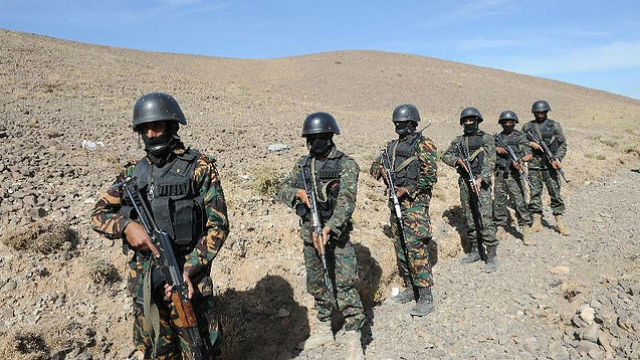Caught You!
Yemeni police have captured what is believed to be the key Al-Qaeda chief behind the threats on foreign embassies in the capital Sanaa, according to security officials. “Mohammed al-Hanq had evaded arrest on Monday during a security force raid in Arhab, 40 kilometres (25 miles) north of Sanaa, in which two of his relatives were killed and three other people wounded. ‘Mohammed al-Hanq and two others who were wounded were captured in a hospital in Amran,’ province, north of Sanaa, the official told AFP. They were found in a hospital in Reedah, in Amran, he said. The US embassy, which had closed for two days due to security concerns over an Al-Qaeda threat against foreign interests, cited ‘successful’ security operations north of the capital as it reopened for business on Tuesday. The British and French embassies, which also closed their doors, resumed operations on Wednesday.”



